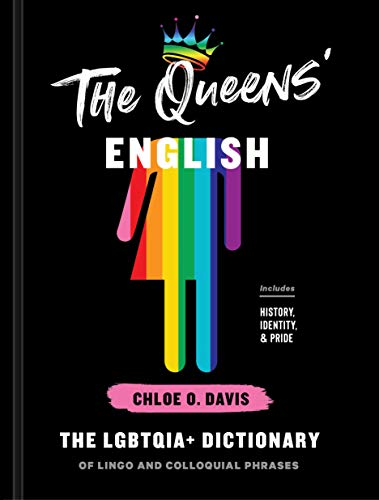
In 1957—twelve years before the Stonewall Riots energized the LGBT community—Harvard-educated Frank Kameny was dismissed from his
position as an astronomer in the U.S. Army’s Army Map Service in Washington, D.C. The reason? He was gay. That was all the reason the Army had or needed in 1957. Kameny, though, wasn’t the typical gay man of that age; instead of quietly shuffling off to some new career and a life deeper in the closet, Kameny undertook “a Herculean struggle with the American establishment” that would “spearhead a new period of militancy in the
gay rights movement of the early 1960s”. Kameny formally appealed his firing by the U.S. Civil Service
Commission and, although his appeal was unsuccessful, the proceeding was notable as the first known civil rights claim based on sexual orientation pursued in a U.S. court. In the early 1960’s, Kameny organized public protests, founded what is regarded as one of America’s first gay rights organizations (The Mattachine Society-Washington) and sought an end to anti-LGBT laws as early as 1963. He is considered one of the most significant figures in American LGBT history. Fifty-two years after being unjustifiably fired, in 2009, Kameny was at President Obama’s side when the executive order granting benefits to the same-sex partners of federal employees was signed. That same year, Mr. Kameny received a formal apology from the U.S. government for his firing. In a full-circle twist, it was delivered by no less than John Berry, the openly gay director of the Office of Personnel Management. Mr. Kameny lived to see the end of the ban on gay men and lesbians serving openly in the military. As a tribute to his tenacity and persistence and his undying demand for equality and dignity, Kameny is known as the Founding Father of the Pride Movement.



